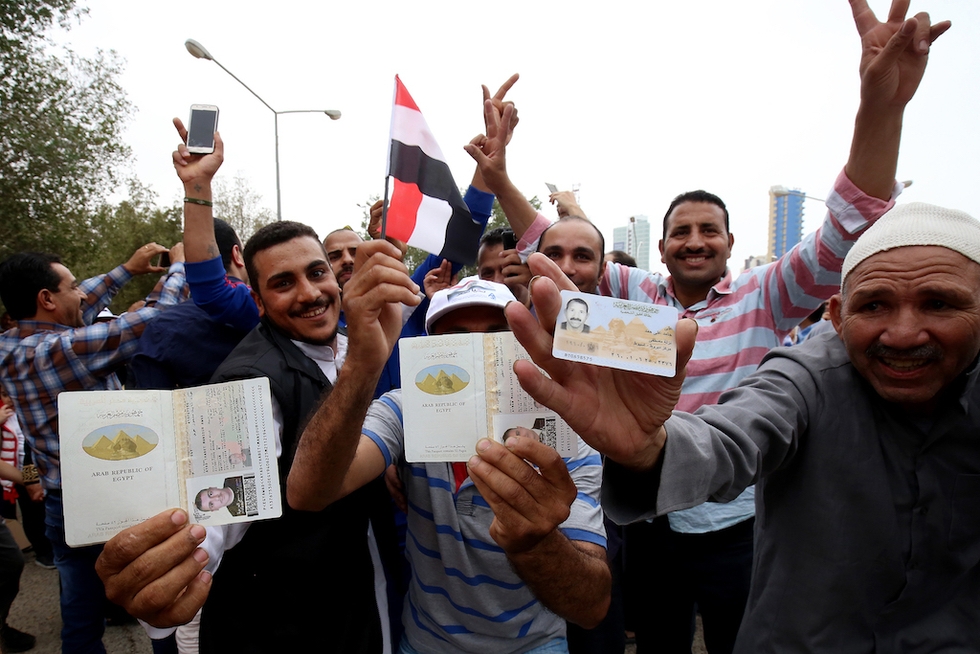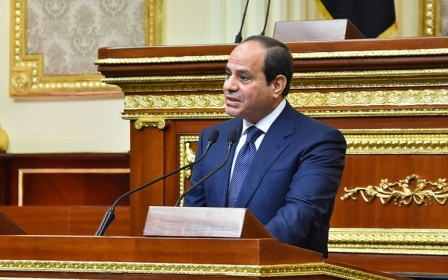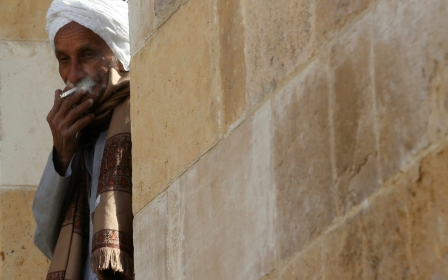Egypt is going to offer citizenship to foreigners for a $400,000 deposit

Egypt is offering citizenship to foreigners who deposit at least seven million Egyptian pounds ($392,000) and then hand it over to the Treasury after five years, an amendment passed by parliament on Monday said.
Egypt has been looking to boost its finances and draw back foreign investment that fled the country after its 2011 uprising, notably through a series of tough reforms tied to a $12 billion IMF loan programme it began in late 2016.
Under the new law, foreigners who make a deposit of seven million Egyptian pounds or the equivalent in foreign currency receive the option of taking citizenship if they surrender the deposit after five years.
It was not immediately clear what economic benefits a foreigner would obtain by acquiring citizenship as Egypt places few restrictions on foreign investment projects, although it does forbid foreign ownership of agricultural land and property in the Sinai peninsula, where it is facing a militant campaign by the Islamic State (IS) group.
"The minister of interior may grant Egyptian citizenship to all foreigners that have resided in Egypt for a period of at least five consecutive years prior to applying for naturalisation," the amendment said.
"Upon the acceptance of the naturalisation request, the value of the deposit shall be transferred to the public treasury," it said.
The head of parliament's defence and national security committee, General Kamal Amer, said the new law compliments recent amendments to an investment act that grants incentives to foreigners to invest in the country.
He said foreigners who acquire citizenship would enjoy no political rights until after five years of citizenship and would need 10 years to be eligible for election or appointment to a representative body.
Spouses and children will not be eligible for citizenship unless they reside in Egypt, he added.
Meanwhile, Egypt's parliament passed on Monday a law that could make senior military officers immune from future prosecution over to violence that followed the 2013 ouster of Islamist president Mohamed Morsi.
The law gives President Abdel Fattah al-Sisi the right to name officers to be eligible for immunity from investigation into alleged offences committed while Egypt's constitution was suspended between Morsi's overthrow on July 3, 2013 and the reconvening of parliament on 10 January 2016.
The law, submitted to parliament as recently as the end of June, also makes those named by Sisi reserve officers for life and accords them wide-ranging privileges, including diplomatic status when travelling abroad.
New MEE newsletter: Jerusalem Dispatch
Sign up to get the latest insights and analysis on Israel-Palestine, alongside Turkey Unpacked and other MEE newsletters
Middle East Eye delivers independent and unrivalled coverage and analysis of the Middle East, North Africa and beyond. To learn more about republishing this content and the associated fees, please fill out this form. More about MEE can be found here.




